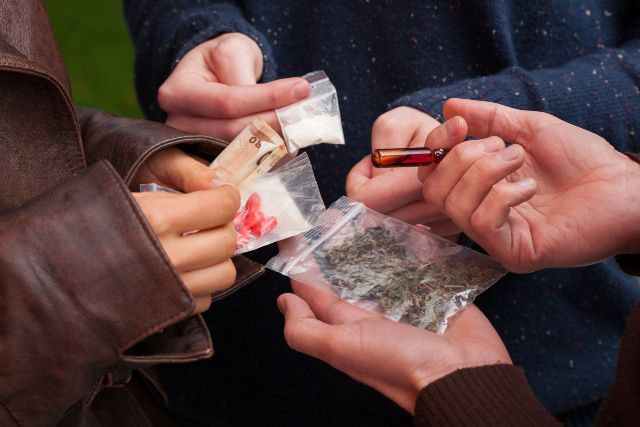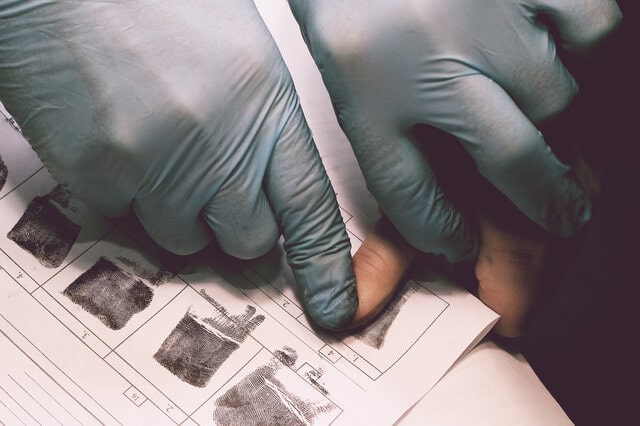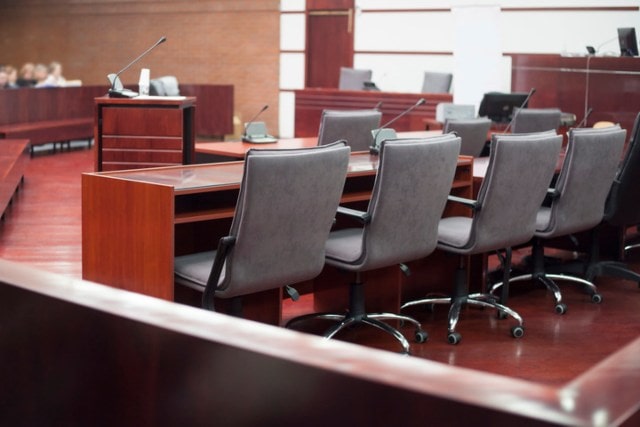Trusted criminal defense lawyer
Facing cocaine possession charges? Trust the criminal defense attorneys at Conoscienti & Ledbetter to defend your rights. Book a free consultation call with us.
 Author: J. Blake Ledbetter, Partner, Conoscienti & Ledbetter
Author: J. Blake Ledbetter, Partner, Conoscienti & Ledbetter
Mr. Ledbetter specializes in civil litigation in metropolitan Atlanta, Georgia, and possesses vast experience in wrongful death lawsuits. Mr. Ledbetter was recognized as a SuperLawyers Rising Star in 2018 and 2019 in the area of Civil Litigation. Published on October 10, 2023.

Speak with experienced criminal defense lawyer today, for free.
What Is the Law on Cocaine in Georgia?
The possession, manufacturing, sale, and trafficking of controlled substances is illegal in Georgia and under federal law. Drug crimes are treated harshly in Georgia, especially cocaine. Controlled substances are classified into schedules according to their effect and chemical properties. Schedule I and II drugs are the most serious and carry the highest penalties.
According to the Georgia Code 16-13-30(a), the purchase, possession, or control of controlled substances is unlawful. You can also face drug trafficking charges if you are found in possession of large quantities of drugs. Cocaine is a Schedule II drug, and the possession of cocaine is a felony. This is a serious charge that can have a long-lasting impact on your freedom and future.
If you were arrested for cocaine possession in Atlanta, it is essential to contact a criminal lawyer immediately. Our team at Conoscienti & Ledbetter is ready to defend your rights.
Proving a Cocaine Possession Charge
You must be proven guilty beyond a reasonable doubt before a jury can convict you. If they cannot show that you were in possession of the controlled substance, the court will dismiss the charges. In proving possession, the prosecution looks at both actual and constructive possession. Actual possession means that you had the cocaine with you at the time of your arrest. For example, it was found in your backpack or pocket.
If cocaine is found on your property, vehicle, or home, you are considered to have constructive possession, according to Georgia drug laws. Constructive possession is based on the legal principle of constructive intent. This means that the law assumes that you have control over the source of the drugs, even if it’s not in your direct possession. Therefore, you can be held accountable for possessing the drugs.
Whether or not you were directly near the cocaine is irrelevant. The prosecution will attempt to establish a connection between you and the cocaine.

Speak with trusted criminal defense lawyer today, for free.
Penalties for Cocaine Possession
Georgia’s cocaine possession penalties are severe, and the punishment varies based on the weight of the cocaine. The punishment is imprisonment between one and three years if the weight of cocaine is less than one gram.
If the weight of cocaine is at least one gram but less than four grams, the punishment is imprisonment between one and eight years. If the weight of cocaine is at least four grams but less than twenty-eight grams, the punishment is imprisonment between one and fifteen years.
The penalty is higher for convictions of possession with an intent to distribute. As a first offense, you will face a sentence between 5 and 30 years in prison. A second or subsequent conviction carries a sentence between 10 and 40 years or life imprisonment. A third conviction will usually result in the maximum prison sentence or life imprisonment. The court may also impose fines of $100,000, including court surcharges.
Your penalties may increase if there are certain aggravating factors present. These include possessing cocaine within a school, with a child present, or with a prohibited firearm. The court may allow a conditional release or diversion program for first-time offenders or in minor cases. If all the conditions of the release are completed, the court will dismiss the charges.
Drug possession charges also lead to a mandatory suspension of your driver’s license and a criminal record. Further, a criminal record may affect your employment, housing, and career opportunities.
Cocaine Possession for the Purpose of Trafficking
If you are found in possession of certain quantities of cocaine, you may face trafficking charges. The criminal penalties for trafficking cocaine are harsher than a simple possession. The possession of between 28 grams and 200 grams carries a mandatory minimum sentence of ten years in prison and a fine of $200,000.
If the quantity is between 200 grams and 400 grams, the mandatory minimum prison sentence is fifteen years, including a fine of $300,000. The possession of 400 grams or more of cocaine carries a mandatory minimum term of twenty-five years in prison. It also includes a fine of $1,000,000.
Defenses to Cocaine Possession Charges in Georgia
Depending on the circumstances of your case, several defenses may apply. Some common defenses to possession of cocaine are discussed below.
Unwitting Possession
If you were unaware you were in possession of the drugs, you could argue that you did not know. For example, you were helping a friend deliver a package, unaware that the package contained illegal cocaine. Police officers only discovered it during a traffic stop, which can prove that you didn’t intend to possess cocaine. Your charges may also be dismissed if this proves your innocence.
Illegal Stop
You may also be able to argue that your constitutional rights were violated. Police may only stop you if they have reasonable suspicion or probable cause. The evidence collected by the police can be suppressed without a constitutional basis for stopping and searching you. Your case may be dismissed for lack of evidence if that happens.
There Is No Possession
It is possible to argue that you were not in possession of cocaine if you’ve been charged for constructive possession of the drug. Being in close proximity alone does not prove cocaine possession.
As an example, you are driving with three friends in your car when the police pull you over. One of them hides crack cocaine under your seat. However, you are unaware of the cocaine under your seat during the police investigation. Just because the cocaine was found in your vehicle does not mean you were in possession.
Innocence
In some cases, you may be a victim of a false accusation. Presenting evidence of witness statements or an alibi can help prove your innocence.

Don’t delay. Schedule a risk-free consultation today.
Speak to a Criminal Defense Attorney in Georgia Today
Drug charges come with serious consequences on your freedom and future if convicted. It is important to consult a qualified drug lawyer in Atlanta once you are arrested. Even if you are innocent, you should not try to explain to the police or fight the charges alone, as they can use whatever you say as evidence against you in court.
At Conoscienti and Ledbetter, we offer committed, individually tailored representation backed by over 40 years of combined experience to help you navigate these challenging circumstances. Our goal is to assist you in understanding the criminal justice system and defend your rights.
We will discuss your options and provide advice on how to avoid a conviction. Every possession case is unique, and our attorneys can create a strong defense strategy tailored to your specific situation. If your case goes to trial, our team is ready to provide professional legal representation.
If you or a loved one are facing cocaine charges, contact us today.
Decatur Office
(404) 373-5800
315 W Ponce de Leon Ave. Suite 400 Decatur, GA 30030






